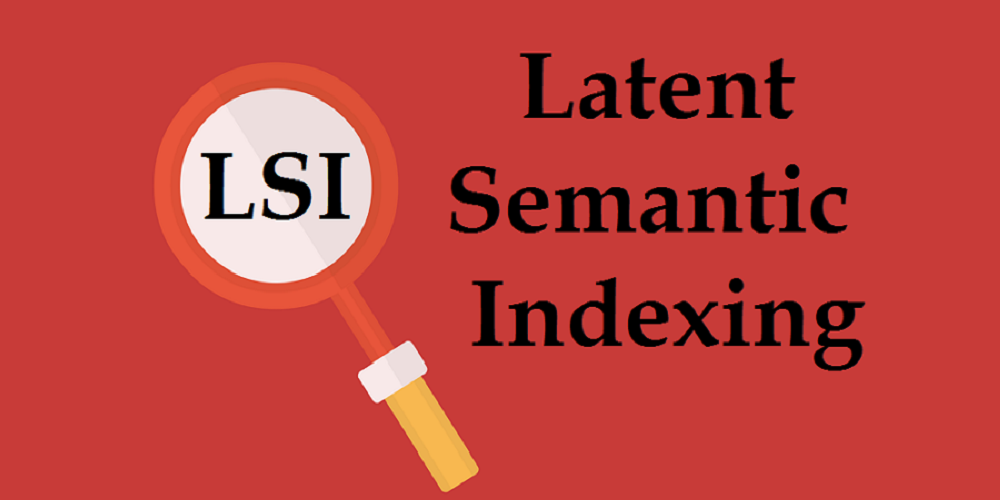It was strange to any of us the first time we heard the words ” Latent Semantic Indexing .” We were not alone at that time, much less now. Do you want to know what it is more specifically? If you accompany me with the cursor to the bottom of the page, I will be happy to tell you!
If you an online earner and you have your own website, please read every detail what is it and how to use LSI in your website and how to helps to Google ranking.
Latent Semantic Indexing, known by the acronym LSI, is defined as a mathematical method, or search engine algorithm, with which the relationship between different terms and concepts can be calculated in relation to the content they comprise.
The search engines, among many other actions, are responsible for crawling the information on the pages, looking for common words or phrases that may be related to the main keyword of the page.
As you have already deduced, the Latent Semantic Indexing is a fact to consider when working out the SEO strategy. Do you want to know why and how to make this Indexing beneficial to you? Continue reading!
The content of the summery:
- Latent Semantic Indexing in our SEO strategy
- When are we considered to be using semantically related terms?
- Tools to improve your LSI
Latent Semantic Indexing in our SEO strategy

In every SEO strategy, the title of the page and the words included in the header tags have always been given special relevance, especially to the H1 tag. Words and phrases within the content that are in bold or italic also receive greater importance. However, the use of LSI is rarely taken into account, as it can affect the keywords for which your website is ranked.
If your page contains synonyms, the search engine recognizes that it is really about the subject’s title and will give more importance to the page. You may already use good keyword techniques and add some secondary keywords to your content, but the rest of the content must also be full of synonyms to convince search engines.
When are we considered to be using semantically related terms?
If you remember your high school years, surely concepts are assaulting your minds such as synonyms, antonyms or semantic field. It is in the latter where we focus.
Latent Semantic Indexing tries to emulate what we did in our notebook at school: include in a box all those concepts or words that fit into a more generic concept: the semantic field.
Following this same line, the possibilities to create an indexation as appropriate as possible are listed below. It is important to combine the following aspects:
- Number: variations of a singular and plural word.
- Gender: it is important to also make a variation between male and female.
- Use of synonyms.
- Play with the variation of nouns, adjectives or verbs.
However, you may do this exercise and also run out of ideas. Do not worry! There are many actions or tools that can be used to extract as much information as possible.
Tools to improve your Latent Semantic Indexing (LSI)
There are several tools that we can use to find additional keywords in order to add them to your content or to your blog posts.
1) SIMPLE GOOGLE SEARCH
One of the easiest ways to find LSI keywords is thanks to search engines. When you type a term in the search bar, you are automatically shown keywords related to the query you are making.

Use this word list as a starting point for possible related concepts, thanks to Google’s own association between these same words.
100% free method!
2) GOOGLE KEYWORD PLANNER
In addition to seeing the potential of each keyword we are looking for, we can also consult “ Keyword ideas ” in our search.
3) UBBERSUGGEST

Another method can be found in Ubersuggest. Where including your main keyword, the tool will generate a list of search queries related to volume, difficulty or CPC.
4) LAST NAME
Without forgetting traditional methods, a source of information may be the most basic: dictionaries. In this case, online dictionaries can provide us with very valuable information regarding synonyms or semantic wealth.
Finally,
If you read this all instruction. I suggest you optimize keywords in your website and now you use LSI for Google ranking.
Have a nice day!!
Tags: Latent semantic indexing, LSI keywords, seo strategy, what is LSI




Leave a Reply